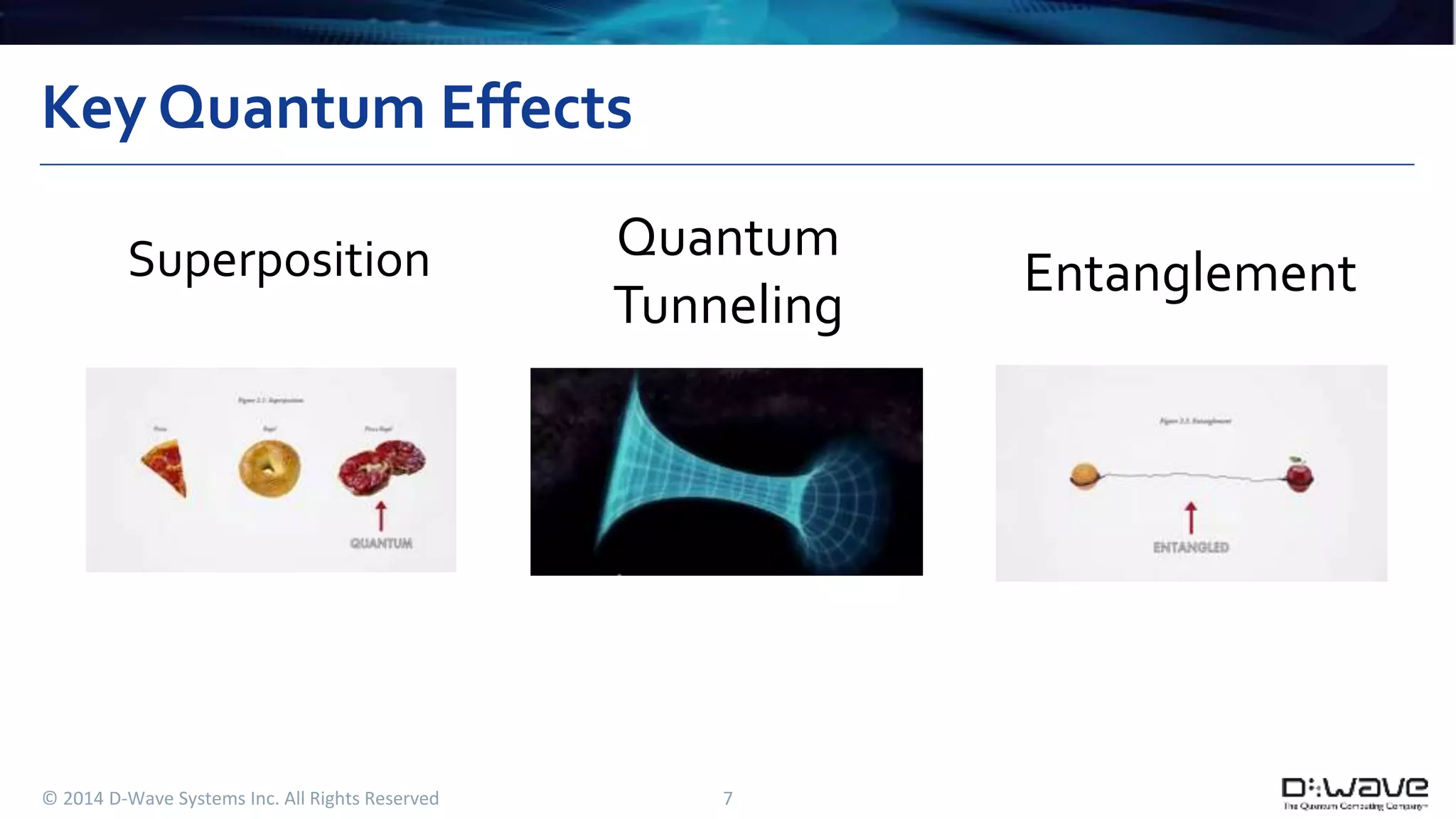The Global Positioning System (GPS) has revolutionized navigation and location services. From everyday smartphone use to precision agriculture and military operations, GPS has become indispensable. But the technology, reliant on signals from orbiting satellites, faces limitations that quantum computing might help overcome. This article explores the exciting potential of quantum computing to significantly enhance the accuracy, reliability, and security of future GPS systems.
Current Limitations of GPS
While incredibly useful, current GPS technology has inherent weaknesses. Signal interference, atmospheric disturbances, and deliberate jamming can significantly impact accuracy and availability. Multipath errors, where signals bounce off buildings or terrain before reaching the receiver, also contribute to positional inaccuracies. Furthermore, the reliance on atomic clocks in satellites, while incredibly precise, still drifts over time, requiring constant correction. These limitations highlight a need for more robust and secure GPS technology.
Quantum Computing: A Game Changer
Quantum computing, leveraging the principles of quantum mechanics, offers the potential to address these limitations in several profound ways. Its unparalleled computational power can drastically improve several aspects of GPS technology:
Enhanced Signal Processing
Quantum algorithms can significantly improve signal processing capabilities. They can filter out noise and interference far more effectively than classical algorithms, allowing for more precise location estimations, even in challenging environments. This enhanced signal processing translates to more accurate positioning data, crucial for applications requiring millimeter-level accuracy, such as autonomous vehicles and precision manufacturing.
Improved Time Synchronization

Quantum clocks, based on quantum phenomena like entanglement and superposition, promise to be vastly more accurate and stable than current atomic clocks. These clocks would provide significantly more precise time synchronization between GPS satellites and receivers, leading to dramatic improvements in positional accuracy and reducing the need for frequent corrections. The enhanced stability of quantum clocks also translates to reduced reliance on ground-based infrastructure for time synchronization.
Quantum Cryptography for Enhanced Security

The security of GPS signals is paramount, especially for military and critical infrastructure applications. Quantum cryptography offers potentially unbreakable encryption techniques, safeguarding GPS signals from unauthorized access and manipulation. Quantum key distribution (QKD) leverages quantum mechanics to create secure keys for encrypting and decrypting data, ensuring the integrity and confidentiality of GPS positioning information. This is a crucial step in preventing spoofing or jamming attacks that could have severe consequences.
Quantum-Enhanced Satellite Navigation

Beyond signal processing and security, quantum computing could revolutionize satellite navigation itself. Quantum sensors, leveraging quantum entanglement, could allow for highly sensitive measurements of gravitational fields. This could potentially lead to the development of advanced navigation systems that are less susceptible to atmospheric distortions and other environmental factors. This could significantly improve the accuracy and reliability of GPS, especially in challenging environments such as dense urban areas or underwater.
Challenges and Future Outlook
While the potential of quantum computing for enhancing GPS is immense, several challenges remain. Building large-scale, fault-tolerant quantum computers is still a significant technological hurdle. The integration of quantum technology into existing GPS infrastructure would require substantial investment and research. Furthermore, the development of quantum-resistant cryptographic algorithms is crucial to anticipate potential attacks that might exploit vulnerabilities in future quantum-enhanced GPS systems.
Despite these challenges, the long-term outlook is optimistic. Ongoing research and development in quantum computing are rapidly advancing, and numerous initiatives are focused on exploring its application to GPS and other navigation systems. The potential benefits of increased accuracy, reliability, and security are substantial, making the pursuit of quantum-enhanced GPS a highly promising area of research with the potential to reshape the landscape of navigation and positioning technologies for decades to come.
In conclusion, quantum computing represents a paradigm shift in the field of GPS technology. While challenges remain, the potential for dramatic improvements in accuracy, reliability, and security makes it a compelling area of research with the potential to fundamentally change how we navigate the world.
